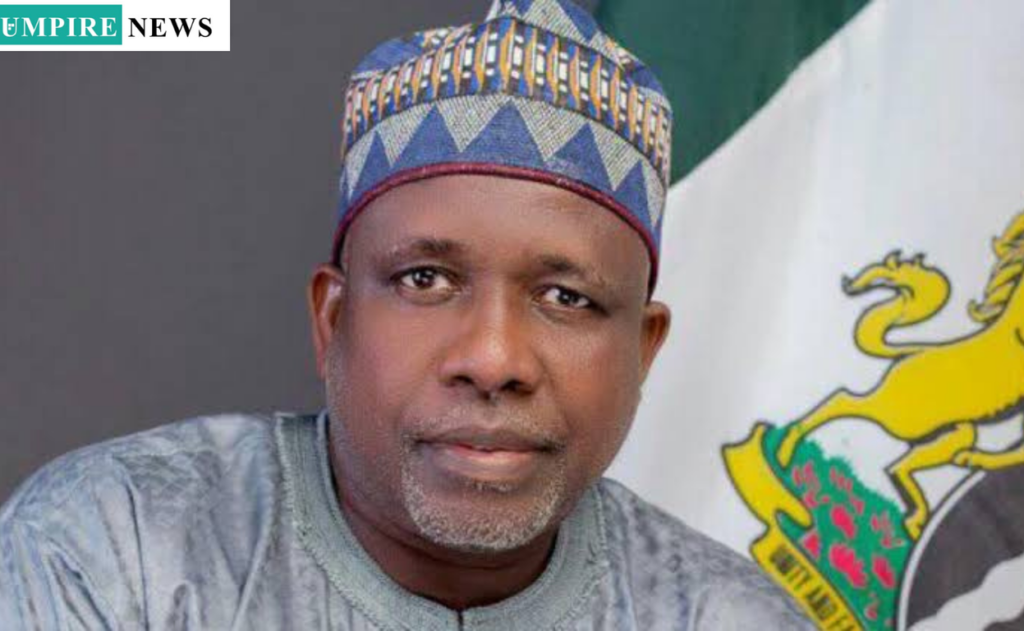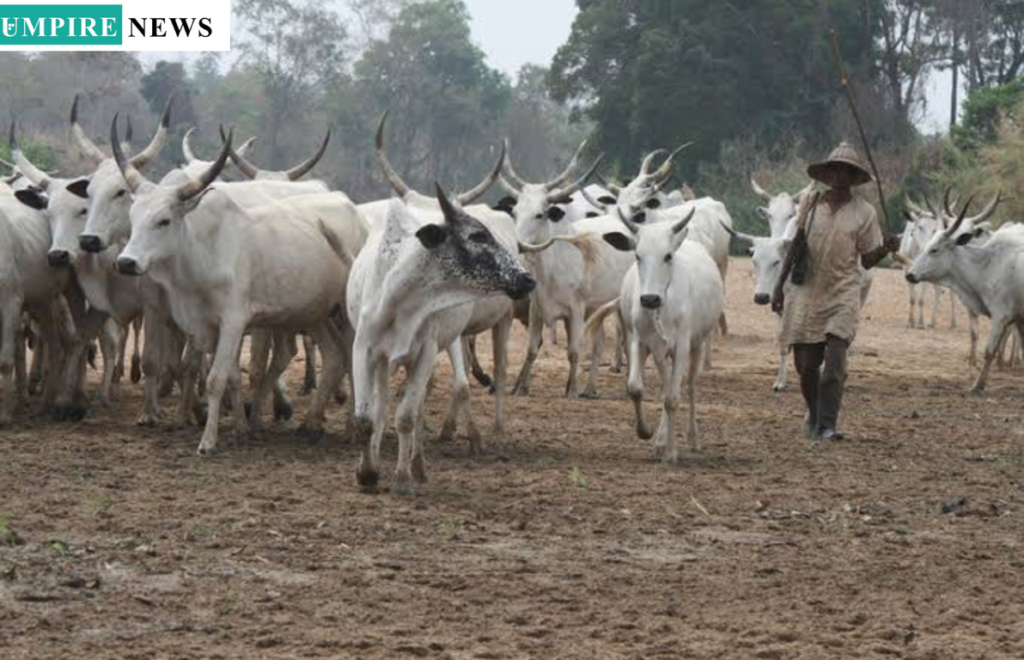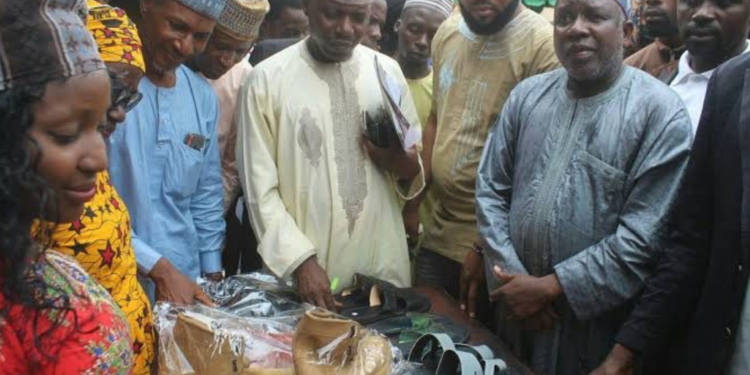The Director-General of the Nigerian Institute of Leather Science and Technology (NILEST), Mohammed Yakubu, has voiced strong support for the establishment of the Ministry for Livestock Development, affirming that it will significantly bolster the Nigerian economy and help combat the country’s insecurity issues.
Yakubu described the move, initiated by President Bola Tinubu, as a critical decision that has the potential to reshape Nigeria’s economic landscape and provide lasting solutions to several national challenges.
In a detailed interaction with journalists on Saturday in Abuja, Yakubu elaborated on the profound benefits that the newly created ministry is expected to bring to Nigeria.
He stressed that the ministry’s establishment marks a pivotal moment for the country, given the vast untapped potential within the livestock industry.

According to him, the ministry will create opportunities to fully exploit the sector’s value chain, which will, in turn, yield substantial economic rewards.
Yakubu praised the foresight of President Tinubu, stating that this decision would have far-reaching effects not only for the economy but also for resolving long-standing security problems linked to the livestock industry.
He emphasized the critical role the ministry will play in resolving violent conflicts between herders and farmers, which have been a significant source of insecurity in various parts of Nigeria.
“The creation of the Ministry of Livestock Development is a welcome development and we have to thank President Bola Tinubu for this foresight because it is going to solve many problems and kill two birds with one stone. The issue of banditry and herder-farmer clashes will be addressed by this singular commitment by Mr President,” Yakubu stated.
This comment reflects his optimism that the ministry will tackle both economic and security issues simultaneously, serving as a multifaceted solution for the country.
Yakubu further highlighted that the establishment of the ministry will create opportunities for maximizing the livestock sector’s value chain, which will ultimately increase foreign exchange earnings for Nigeria.
He noted that the industry’s expansion would also open up numerous job opportunities, particularly for skilled artisans who play a vital role in the processing of livestock products.
He explained that the value chain in the livestock industry begins with animal husbandry, making it essential to ensure the best quality hides and skins.
These by-products of the meat industry are of significant economic value, contributing up to 15 percent of the total value of an animal.

Yakubu expressed his confidence that the ministry would be instrumental in advancing this process: “When the President made the statement, I thought our problem had been solved because the development of the value chain begins with animal husbandry. The best way to rear an animal to get hides and skin of the best quality can only be achieved if we have a ministry that looks into that from the area of science and technology.”
Yakubu underscored the potential collaboration between NILEST and the new Ministry of Livestock Development, suggesting that such a partnership could drive innovation and efficiency in the sector.
He noted that hides and skins, as key products of the meat industry, have significant value and can contribute even more to the Nigerian economy if properly managed.
“The moment this ministry comes on board, NILEST is going to partner with them; we are going to collaborate a lot. Hides and skin are core products of the meat industry, representing about 15 percent of the value of the entire animal,” he added.
He further broke down the economic value of animal by-products, explaining that in Nigeria, the outer part of the animal, when processed, can fetch a price that is 20 to 30 percent of the total cost of the animal.
Yakubu argued that by fully developing this sub-sector, Nigeria’s leather industry could see even greater contributions to the economy.
“In Nigeria, as it is now, by the time you get the outer part of the animal and you work it up, you will sell it at a price that is almost 20 to 30 percent of the entire cost of the animal. I believe if we develop this sub-sector of the economy, the leather value chain will play a greater part.”
To ensure this development, Yakubu suggested the creation of a dedicated department within the new ministry, one that would focus specifically on best practices for animal rearing to produce high-quality hides and skin.
He highlighted the importance of understanding factors such as the age at which animals yield the best quality skins, which would help maximize the industry’s value.
Yakubu also pointed out the significant contributions of the leather industry to the Nigerian economy, noting that it currently generates over $3 billion annually.
He believes that with the establishment of the Ministry for Livestock Development, this figure could grow even further, unlocking additional economic opportunities for Nigeria.
The director-general is confident that if the livestock and leather industries are developed in alignment with best practices, they can become major drivers of economic growth and development.
He concluded by urging all stakeholders, as well as the general public, to support the government’s efforts to ensure the successful launch and functioning of the ministry.
Yakubu stressed that the collective effort of all parties involved would be crucial for the ministry’s success, adding that its proper take-off will yield significant benefits for the country as a whole.
Mohammed Yakubu’s strong endorsement of the Ministry of Livestock Development reflects his belief that the initiative is not only essential for economic growth but also for addressing pressing security concerns.
His vision for the future includes a thriving livestock and leather industry, backed by science and technology, which can provide sustainable economic and social solutions for Nigeria.
He called on Nigerians to rally behind the government’s initiative, assuring them that the ministry would play a transformative role in the nation’s future.
































